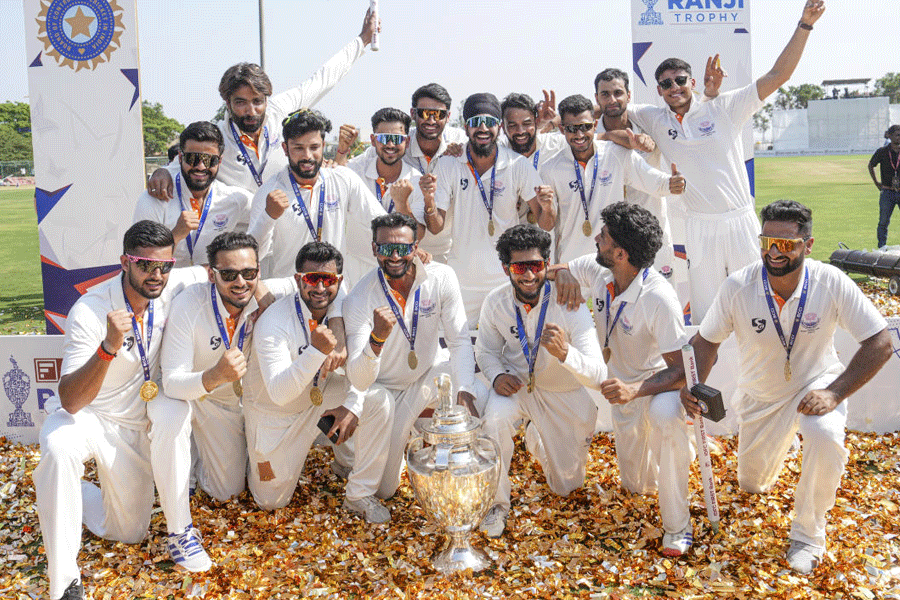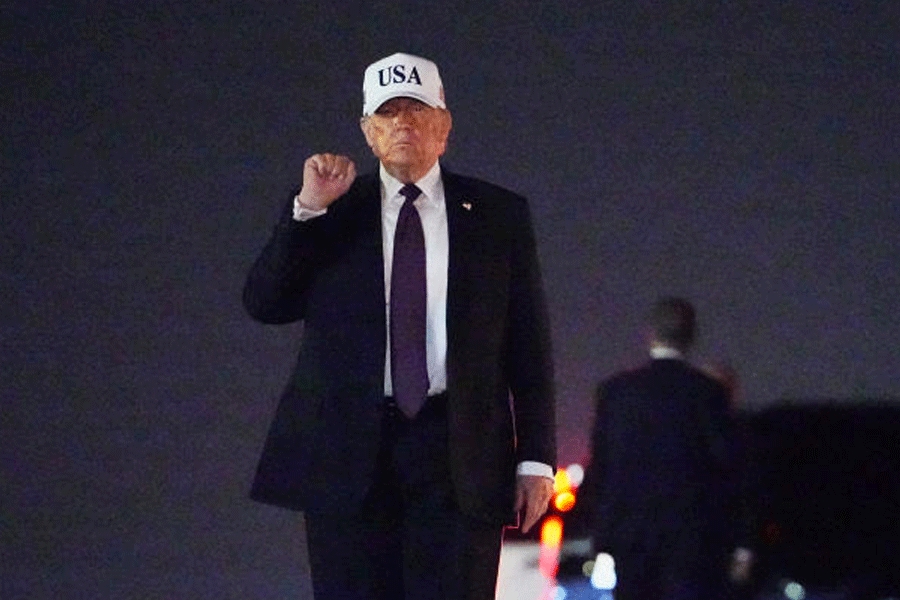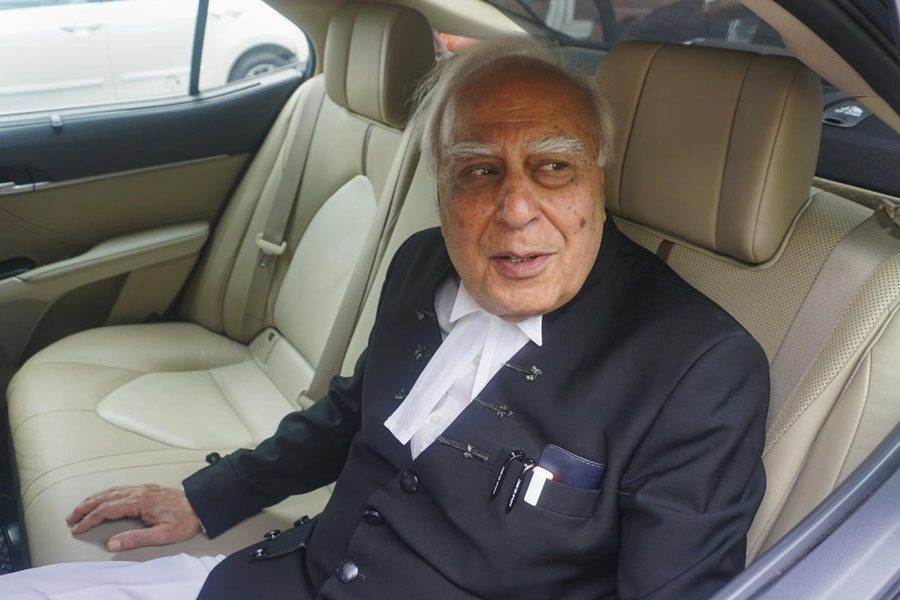Would a person on death row like to choose his manner of death? The Supreme Court has asked the Centre to consider whether a convict should be given a choice between hanging and lethal injection. The highest court was responding to a petition questioning the constitutional validity of Section 354 (5) of the Code of Criminal Procedure — now Section 393(5) of the Bharatiya Nagarik Suraksha Sanhita — that a condemned person should be hanged by the neck till he is dead. It was argued that this violates the constitutional right of a dignified death for after the hanging, the body is left on the rope for more than half an hour. It is also a painful way to die. The Supreme Court said that many countries have opted for more modern methods of execution but India still has the colonial method of hanging despite all the talk of and action on decolonising law. In 2023, the Centre had constituted an expert committee to assess whether a more humane and less painful method than hanging could be used. But in its affidavit to the Supreme Court at that time, the Centre had said that its study of chemical executions had showed that it had a large number of botched executions. Hanging was still the safest and quickest way of execution as it prevents a lingering death. Besides, to make the execution a serene and painless affair would be to undermine its deterrent effect.
The entire argument is strange. How someone would like to die when execution is inevitable may seem like an odd question. The basic issue is whether the death sentence itself is outdated. Extensive studies have shown that the death penalty has no deterrent effect on crime. There is a deeper, related, ethical question that should not go unaddressed either. Can — or should — a State decide life and death? If imprisonment for life is upheld rigorously in the rarest of rare cases, which now attract the death penalty, perhaps a way out can be found. But in such a situation, a victim’s families and survivors must be able to repose full trust in the system: that the perpetrator will never be freed. The legal discourse in India should veer towards this direction.











